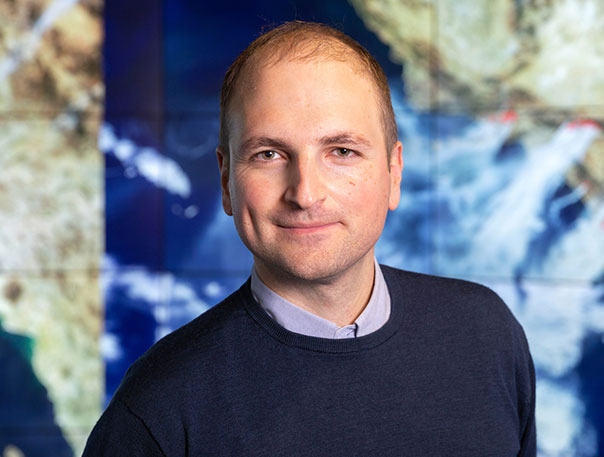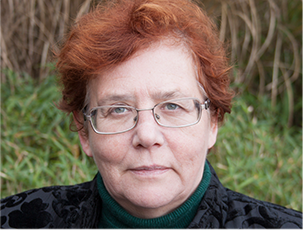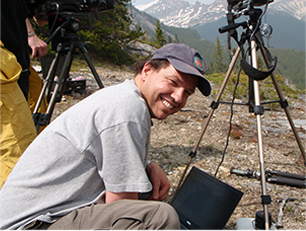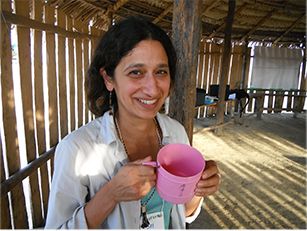Current land use practices and consumption patterns are increasingly impacting land systems, putting natural resources under greater pressure and exacerbating sustainability challenges. As consumption patterns shift towards more animal-based and processed diets, increasing land area is dedicated to the large-scale production of commodities such as soybeans and palm oil at the expense of natural areas such as forests. Occurrence and severity of fires especially within or near closed canopy tropical forests is also consequently increasing.
Corporations are prominent agents in this food system. Agribusiness actors are key decision makers, influencing production and linking production frontiers to consumers. Large financial actors possess significant corporate control globally, playing a particularly important role through behaviour and influence in companies shaping ecosystems all over the world. In parallel, spiralling deforestation and forest fires are a systemic risk to both corporate and financial actors.
Due to the importance of land use change in achieving sustainability transitions and global sustainability goals (i.e. limiting global heating to 1.5-degrees Celsius and halting terrestrial biodiversity loss) and crucial role that these agents play in markets and in land use outcomes, the consequences of corporate and financial institution anti-deforestation and fires use strategies including trade-offs, possible pareto-improvements and conditions for success warrant exploration.
————————————————————————————————————————
This research aims to improve our understanding of how corporate and financial institutional actors involved in the food system impact forests and fire regimes through the anti-deforestation and fires use strategies they take.
Fuzzy Cognitive Mapping combined with agent-based models is used to represent interactions among corporate, financial and producer agents. Environmental and economic outcomes emerge from the coupled model. Potential implications and conditions for successfully achieving sustainability transitions and global sustainability goals are explored.
This work is focused on the EU27+UK and China as the receiving systems while Brazil, Indonesia and Malaysia act as sending states with countries in the rest of the world representing spillover systems.

Deforestation environmental problem. Cutting down and burning rainforest. Fire and smoke causes carbon emissions leading to climate change. Land clearing for palm oil industry
Banner image: Aerial view and directly from above of some palm oil plantations in the province of Kalimantan (Borneo) that joins with other land that has been slashed and burnt. It is unfortunate to say that because of the palm oil industry, hectares of rainforests are being destroyed to replace those natural habitats with this cheap commodity.













